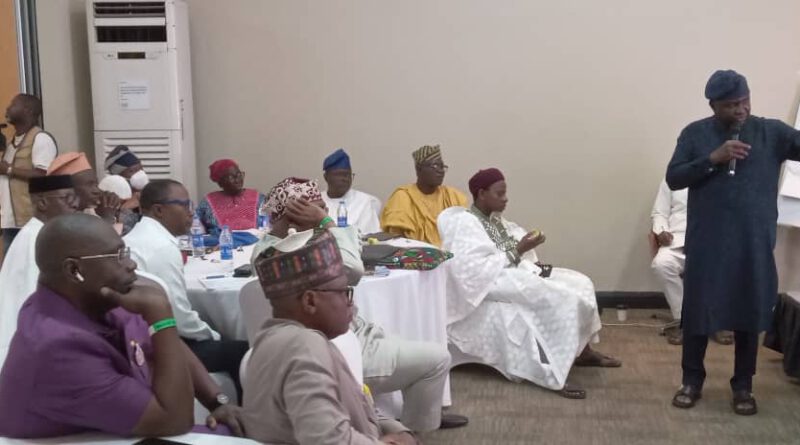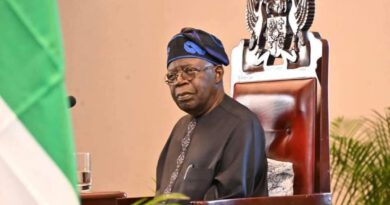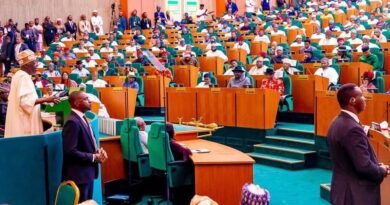Renowned Economist Muda Yusuf Urges Government to Reverse Current Power Sector Reforms as NASFAT Hosts Maiden Business Breakfast 1.0
…unveils ₦300m shares in support of terrestrial radio
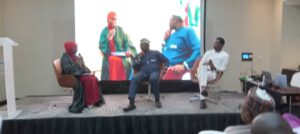
Renowned economist, Dr. Muda Yusuf, has emphasized the need for the government to provide strong support, including subsidies, to the power sector to fast-track the socio-economic development of the country.
However, he expressed concerns over the ongoing reforms in the sector, which have forced Nigerians to pay more for electricity despite prevailing economic hardships.
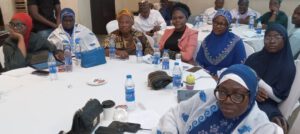
Dr. Yusuf made these remarks during the NASFAT Business Breakfast 1.0, themed “Nigerian Economy: The Hopes, The Slopes, and The Ropes; Empowering Professionals and Entrepreneurs,” held at Four Points by Sheraton, Victoria Island, Lagos.
He highlighted the importance of constant and affordable energy in driving economic growth but noted that the introduction of different electricity tariff bands has strained the pockets of the average Nigerian and threatened the survival of small businesses.
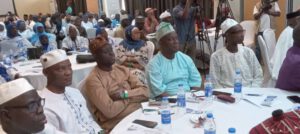
As the Chief Executive Officer of the Centre for the Promotion of Private Enterprise, Dr. Yusuf declared that the tariff band initiative is unsustainable.
He also criticized the implementation of the Compressed Natural Gas (CNG) policy, describing it as rhetorical. Despite being introduced over a year ago, he noted, the policy has achieved little, with only a few operational centers across the country.
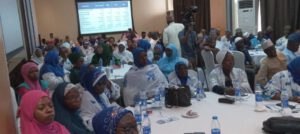
According to the former Director-General of the Lagos Chamber of Commerce and Industry, the inefficacy of the CNG policy undermines its purpose as an alternative for Nigerians following the removal of fuel subsidies.
Dr. Yusuf maintained an optimistic outlook, urging Nigerians to focus on positive opportunities amid challenges. He remarked that any business that survived 2024 in Nigeria is likely to thrive in subsequent years, though he noted that the hardships faced by citizens often overshadow the struggles of businesses.

He described the Tinubu administration’s reforms as ongoing projects, emphasizing that while Nigerians can critique policies, they must focus on adapting their lives and businesses.
In reviewing the economy’s performance in 2024, Dr. Yusuf identified four key dimensions of reforms. However, he lamented the legacy problems of economic mismanagement, which he argued will require the current administration to pay significant political, economic, and social costs.
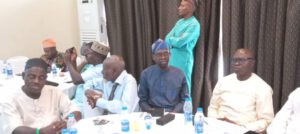
Dr. Yusuf pointed to foreign exchange (forex) issues as a critical challenge, noting that even market vendors attribute rising costs to forex fluctuations. He described inflation as the greatest enemy of the poor, as it erodes purchasing power.
He urged the government to address the growing inequality in society, pointing out that while some individuals profit during economic downturns, others suffer due to a lack of flexibility to adapt.
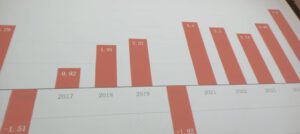
Highlighting key economic indicators, he noted that Nigeria’s GDP in 2024 was 3.6% and is projected to grow to 4.6% in 2025. He also observed that financial institutions recorded the best performance in the third quarter with 31.9%, followed by the insurance sector with 19.8%. However, he described these statistics as unhealthy for an economy that the banks are meant to serve, calling for a shift in priorities to promote growth.
During the panel session, Mr. Tella Fatai, Chief Operating Officer of The Alternative Bank, described Islamic finance as the most ethical financial system, citing its focus on transparency, equity, and justice. He emphasized that agreements in Islamic finance cannot be altered until fully implemented, unlike in conventional banking. He advised entrepreneurs to approach business with the mindset of solving problems and encouraged startups to collaborate to minimize risks.
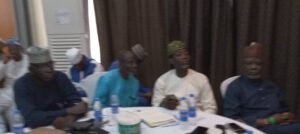
Another panelist, Sulaimon Balogun, CEO of Property Pro, advised investors to diversify their portfolios and deepen their understanding of the economy.
NASFAT President, Ayodeji AbdulRauf, explained that the forum was initiated to contribute to national discourse and educate Nigerians on navigating challenging economic situations.
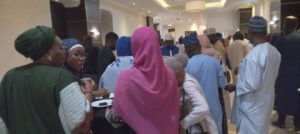
Dr. Akeem Oyewale, CEO of Marble Capital, discussed the prospects of subscribing to the ₦300m shares for NASFAT’s terrestrial radio project. He described the investment as highly lucrative, with strong potential for wider coverage and a Board of Directors with diverse expertise.

